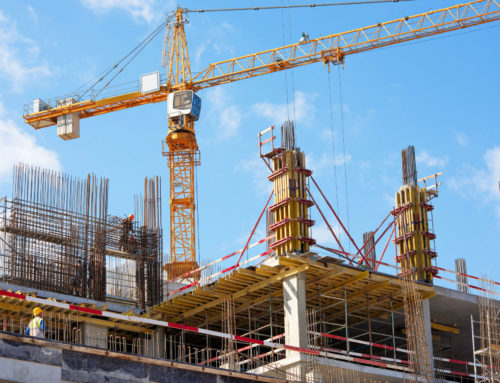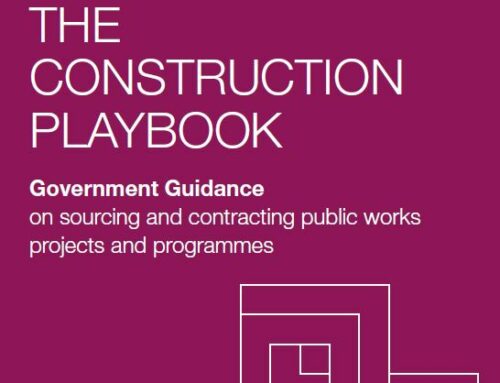The lack of diversity in construction has been a problem for many years, yet the pace of change remains slow. The sector has challenged itself to adopt a more unified approach to achieve faster progress in tackling the issue.
The UK workforce is more diverse than it has ever been with ethnic minorities making up 12% of the working age population. But research shows that the construction workforce is around 3% black, Asian, minority ethnic (BAME). The proportion of women has been static at 13% for some time after reaching a peak of 19% in recent years.
Construction knows it has a lot to do and every professional body within the industry promotes diversity and inclusion as a high priority . The sector is not consciously discriminatory but a survey by Hay last year suggests that perhaps there is an element of unconscious bias. It identified that 78% of black workers feel their career progression opportunities are limited because of discrimination, compared to 41% of white employees. Only 32% of BAME workers believed their voice is heard and respected at their company, compared to 43% of all employees.
Employers and industry bodies are working hard to tackle the issues. Earlier this year, the Building and Engineering Services Association called on the government to create a strategy for diversity in the construction and engineering sectors. That may be a way to bring the industry together and encourage more women and people from BAME backgrounds to take up careers in the industry.
There is also a role for stronger leadership to promote the issue. The loudest voices in the industry are usually from champions of the cause who are themselves women or identify as BAME. We need to see more white, male CEO’s speaking up as the champions of change.
While there is an absolute moral imperative to improve diversity, research shows that it could also a be a key driver for innovation in the sector. A McKinsey report on diversity shows that gender-diverse companies are more likely to perform better than non-diverse companies, with ethnically diverse companies 35% more likely to perform better. The more varied a group’s collective experiences and background are, the wider their knowledge base will become.
The lack of diversity is not news to anyone in construction, but successful improvement will depend on collective will and industry leaders working together to act on it.






